Domperidone
Domperidone can be used in the form of tablets or as domperidone suppositories. The active ingredient of these tablets and suppositories is domperidone, which belongs to a group of drugs called dopamine antagonists.
This drug is used against sickness and several other stomach problems, such as abdomen bloating, reflux, and stomach fullness, and it has the role of blocking dopamine receptors that are found in the upper part of the digestive system. Because of that, the muscles at the entry to the stomach become tightened, while those at the exit of the stomach become relaxed. All this leads to the quick passage of food through the stomach. Thus, vomiting, sickness, bloating, and fullness are prevented.
Domperidone also blocks the dopamine receptors in an area in the brain and prevents nausea messages from reaching the vomiting center, thus decreasing the feeling of nausea and preventing vomiting.
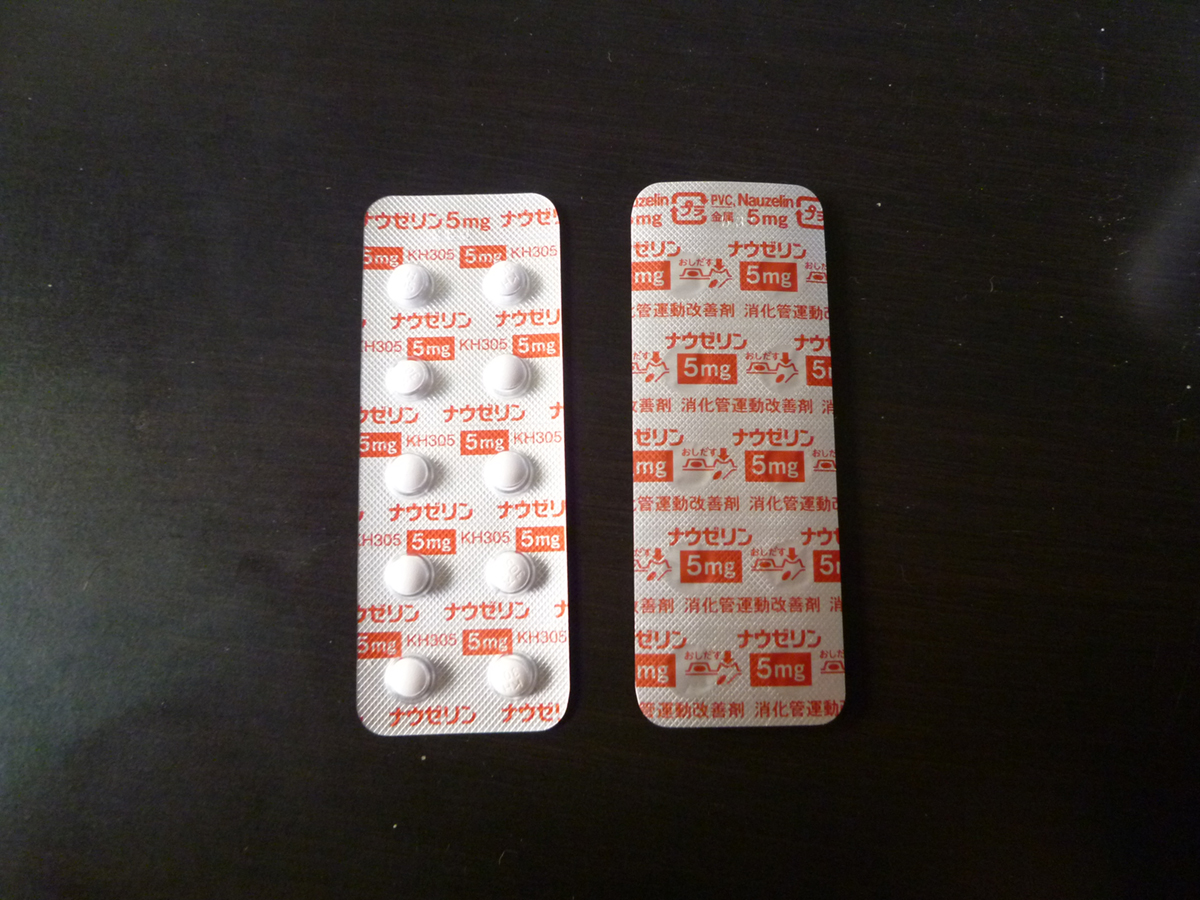
Uses of Domperidone
This drug is used to treat nausea and vomiting in adults, but in children as well. Furthermore, it reduces stomach bloating, fullness, and reflux in adults. One who takes this medicine must know that domperidone suppositories are just for renal use and they are not taken by mouth.
Furthermore, it is better to take them before the meals. Domperidone should not be used if a person suffers from pituitary gland cancer, reduced liver function, lactose intolerance, glucose/galactose malabsorption, or galactosemia. A doctor must be informed about these conditions, but also if a person is allergic to some of the domperidone ingredients.
Although the side effects of this medicine are not established regarding pregnancy and breastfeeding, it is still recommended to avoid domperidone in these conditions, unless a doctor says it is necessary.
Side Effects of Domperidone
Domperidone has side effects, like most drugs, and they may appear or not. One of the side effects of this drug is hyperprolactinemia, which is the medical term for high levels of prolactin in the blood. This condition may further lead to gynecomastia, which is breast enlargement in men, stopping menstruation in women, and excessive production of breast milk in men and women. Rarely, domperidone causes a lack of sexual interest in men.
Other side effects include abdominal cramps, diarrhea, allergy, and urticaria. In some cases, even uncontrolled movements of the hands, legs, face, eyes, neck, or tongue or stiffness have been reported.
If any of these side effects appear, it is important to stop using this medicine and visit a doctor who will decide whether to lower the dosage or to replace domperidone with some other drug.
- The findings of Schey et al. are in agreement with previous studies of domperidone in gastroparesis. Based on a systematic review, 64 % of the included studies reported symptomatic improvement, 60 % reported improved gastric emptying, and 67 % of the studies described a reduction of hospital admissions. No serious complications such as sudden cardiac death or serious cardiac events were described.
- In the most recent publication on this topic by our research group, 64 patients received a twofold to threefold greater dose of domperidone (40–120 mg daily) than standard for 3 months to 4 years; indicated in 52 for gastroparesis and in eight for chronic nausea and vomiting. Seventy-three percent of the patients had a clinically meaningful response to domperidone with no reported serious adverse effects. Only three of the 64 patients chronically receiving domperidone at high doses reported palpitations but without any complaints of chest pain, and no documented QTc prolongation or cardiac dysrhythmias.
- The literature, mainly from Europe, indicates that domperidone is linked with sudden cardiac death or severe ventricular arrhythmias. In order to determine the clinical value of this statistical finding, we carefully analyzed the data obtained from the source case–control studies that were the basis for the decision made by health agencies regarding the cardiotoxicity of domperidone.
- In De Bruin et al.’s article, the patients had much more severe underlying diseases compared to the controls, another possible source of bias. Another serious concern in De Bruin et al.’s study is that cisapride, which is well acknowledged to increase the risk of cardiac death, was not associated with cardiac arrest, raising doubts about the validity of these data.







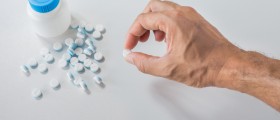
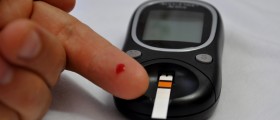



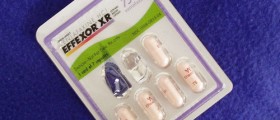

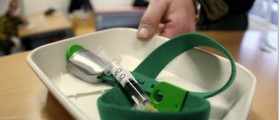


Your thoughts on this
Loading...